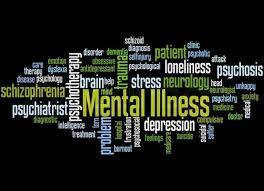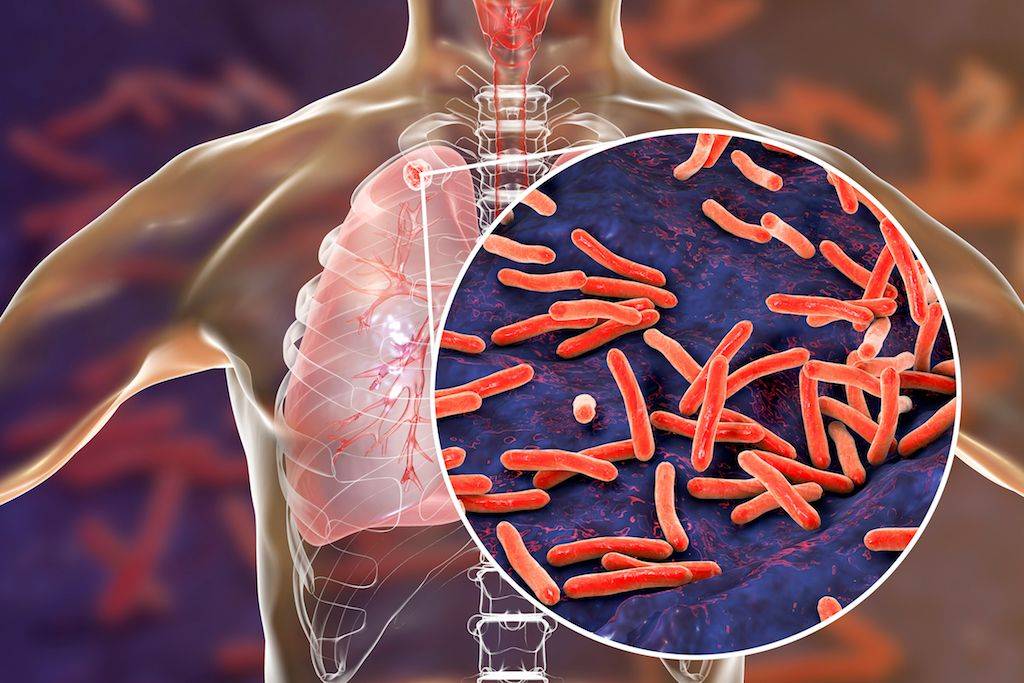How to Prevent Chronic Kidney Disease
Introduction:
Chronic Kidney Disease (CKD) is a growing global health concern affecting millions of people worldwide. It's a condition where the kidneys gradually lose their function over time, leading to various complications if left untreated. The good news is that CKD is largely preventable, and there are several steps individuals can take to safeguard their kidney health. In this comprehensive guide, we will explore the causes of CKD, its risk factors, and most importantly, practical strategies to prevent its onset.
Understanding Chronic Kidney Disease:
Chronic Kidney Disease occurs when the kidneys are damaged and can't filter blood properly. This can lead to a buildup of waste products and fluid in the body, causing a range of symptoms such as fatigue, swelling, and difficulty concentrating. Over time, CKD can progress to kidney failure, requiring dialysis or a kidney transplant to sustain life.

Causes of CKD:
Various factors can contribute to the development of CKD, including:
1. Diabetes: Uncontrolled diabetes is one of the leading causes of CKD. High blood sugar levels can damage the blood vessels in the kidneys, impairing their function over time.
2. Hypertension: Chronic high blood pressure can strain the kidneys, leading to damage and eventual kidney disease.
3. Obesity: Being overweight or obese increases the risk of developing CKD, as excess body fat can put strain on the kidneys and lead to other health complications like diabetes and hypertension.
4. Smoking: Smoking damages blood vessels, including those in the kidneys, and can accelerate the progression of CKD.
5. Genetics: Some people are genetically predisposed to kidney disease, making them more susceptible to CKD even without other risk factors.
6. Medications: Certain medications, especially nonsteroidal anti-inflammatory drugs (NSAIDs) and some antibiotics, can cause kidney damage if used excessively or for prolonged periods.
Now that we understand the causes of CKD, let's delve into practical strategies to prevent its onset:
1. Maintain a Healthy Lifestyle:
A healthy lifestyle plays a crucial role in preventing CKD. This includes:
- Balanced Diet: Eat a diet rich in fruits, vegetables, whole grains, and lean proteins. Limit your intake of processed foods, saturated fats, and added sugars. A diet low in sodium can also help control blood pressure and reduce the risk of CKD.
- Regular Exercise: Engage in regular physical activity to maintain a healthy weight and reduce the risk of conditions like diabetes and hypertension, which are major contributors to CKD.
- Stay Hydrated: Drink plenty of water throughout the day to help your kidneys flush out toxins and waste products. Dehydration can strain the kidneys and contribute to kidney stones, a risk factor for CKD.
2. Monitor Blood Pressure and Blood Sugar Levels:
Regular monitoring of blood pressure and blood sugar levels is essential for preventing CKD, especially if you have a family history of diabetes or hypertension. Keep track of your readings and consult your healthcare provider if they are consistently high. Managing these conditions effectively can significantly reduce the risk of kidney damage.
3. Avoid Smoking and Limit Alcohol Consumption:
Smoking is not only detrimental to your overall health but also increases the risk of CKD. If you smoke, take steps to quit, and avoid exposure to secondhand smoke. Additionally, limit alcohol consumption, as excessive drinking can impair kidney function and contribute to high blood pressure.
4. Manage Chronic Conditions:
If you have diabetes, hypertension, or any other chronic condition, work closely with your healthcare provider to manage it effectively. This may involve taking medication as prescribed, following a healthy diet and exercise regimen, and attending regular check-ups to monitor your health.
5. Be Mindful of Medications:
Be cautious when taking over-the-counter medications, especially NSAIDs like ibuprofen and naproxen, which can harm the kidneys if used excessively or for prolonged periods. Always follow the recommended dosage and consult your healthcare provider if you have any concerns about medication safety.

6. Get Regular Check-ups:
Regular check-ups with your healthcare provider are essential for monitoring your kidney health and detecting any signs of CKD early on. During these visits, your provider may perform tests such as blood and urine tests to assess kidney function and identify any abnormalities.
Conclusion:
Chronic Kidney Disease is a serious condition that can have profound implications for your health and quality of life. However, by adopting a healthy lifestyle, managing chronic conditions, and being mindful of medication use, you can significantly reduce your risk of developing CKD. Remember, prevention is key, so take proactive steps to protect your kidney health and enjoy a vibrant, fulfilling life.
 blogpay
blogpay






















